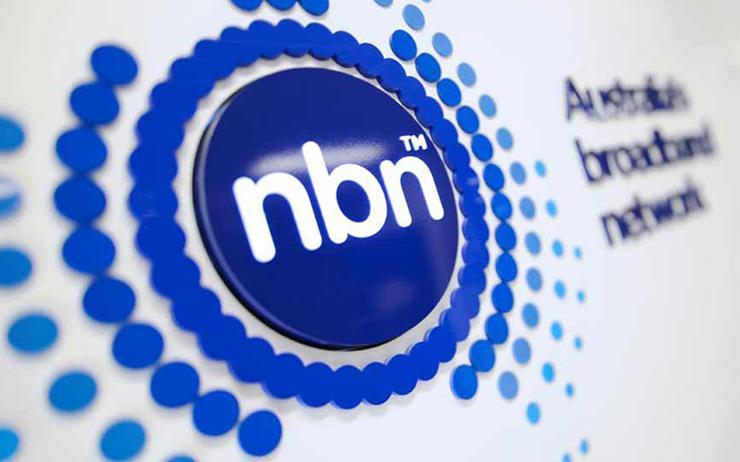 Credit: NBN Co
Credit: NBN Co
NBN Co has released a report that redefines the metrics typically used to compare Australia’s broadband speeds to other countries, and claims that under a new methodology, Australia should be currently ranked 17th and 13th for speeds at full NBN roll out.
The Speed Check: calibrating Australia’s broadband speeds report, commissioned by NBN Co and conducted by consultancy AlphaBeta, claimed that ranking Australia’s fixed line broadband speeds with other countries is “based on poor quality data and present flawed, unreasonable comparisons”, according to director Andrew Charlton.
“With this report, we’ve sought to compare national broadband performance relying on validated data and a robust statistical methodology that takes account of key factors that contribute to the value of broadband, including how many people have access to the service,” Charlton said.
“On this basis, Australia’s broadband speed is clearly comparable to other major economies.”
Stephen Rue, CEO of NBN Co, added that the report his company commissioned “highlights that the work we’re doing has set us in good stead among other world leaders".
“There’s no perfect ranking of fixed-line broadband performance but, clearly, there are flaws with some of the popular speed tests, with wildly fluctuating and unrepresentative samples and results, and no accountability for the actual availability of broadband to the whole community,” Rue said.
“We hope this report can play a role to balance the way we talk about broadband and its contribution to our societies and economies.”
Under the report’s proposed methodology, Australia’s broadband speeds should be compared with 36 other countries and ranked on average subscription speed.
AlphaBeta determined the proposed methodology by:
- Observing the national subscription speed data as the average national speed available to all broadband users,
- Removing countries that do not have “comprehensive subscription data” to eliminate small city states and many developing countries,
- Including countries with major economies that do not report subscription speeds such as China, Japan and Singapore, and instead provide an estimate by applying a scale factor, and
- Sourcing Australia’s subscription speed data from a 2018 ABS report on internet activity.
Under this methodology, Australia would be ranked 22nd out of 37 countries.
The report then also provided a methodology to determine the ranking for access to fixed broadband:
- Figure out the share of overall internet users in each country,
- Figure out the share of fixed broadband users in each country, and
- Adjust for subscription speed rankings.
Under this ranking, Australia then increases to 17 out of 37.
This rise is attributed to the report's claims of how Australia has a high level of household broadband connectivity at 77 per cent when compared to comparable countries such as Italy and the US, which have 55 per cent and 67 per cent respectively of households with household broadband connectivity.
The report then predicted after the roll out of the NBN, Australia’s speed ranking would increase to 13 out of 37 and would rank 10 out of 35 Organisation for Economic Co-operation and Development (OECD) countries for internet equality.
However, the report notes this calculation is based on current metrics and does not account for other countries improving their infrastructure at the same time.
To highlight the issues with current methodologies, the report identified a May 2019 ranking by speed test website Ookla where Australia was ranked 59 in the world for broadband speeds. It also identified Australia’s ranking by speed test websites M-Lab and Akamai of 50 out of 200 in 2019 and 50 out of 148 in 2017, respectively.
“International speed comparisons are challenging because - as the United Nations' International Telecommunication Union has noted - there is no global, standardised way to assess consumers' broadband speeds,” the report noted.
The report continued to break down issues with existing common methodologies, claiming that the identified speed test rankings:
- Are unrepresentative of national averages as they use “small and highly volatile samples,”
- Don’t look at levels of household access to broadband internet, and
- Don’t account for population or geography.
By ignoring these issues, the report claimed that this creates an unbalanced approach to comparing global internet speeds. For example, M-Lab’s methodology compared Australia to Macao among other countries, which the report stated was using the sample size of 3.5 million users to 831 users.
Additionally, the report notes Ookla’s methodology of observing speeds of countries that have a comparably smaller household broadband access percentage to Australia like Thailand, Panama and Paraguay, and countries labelled high-density like Monaco, Singapore, Hong Kong and San Marino.




